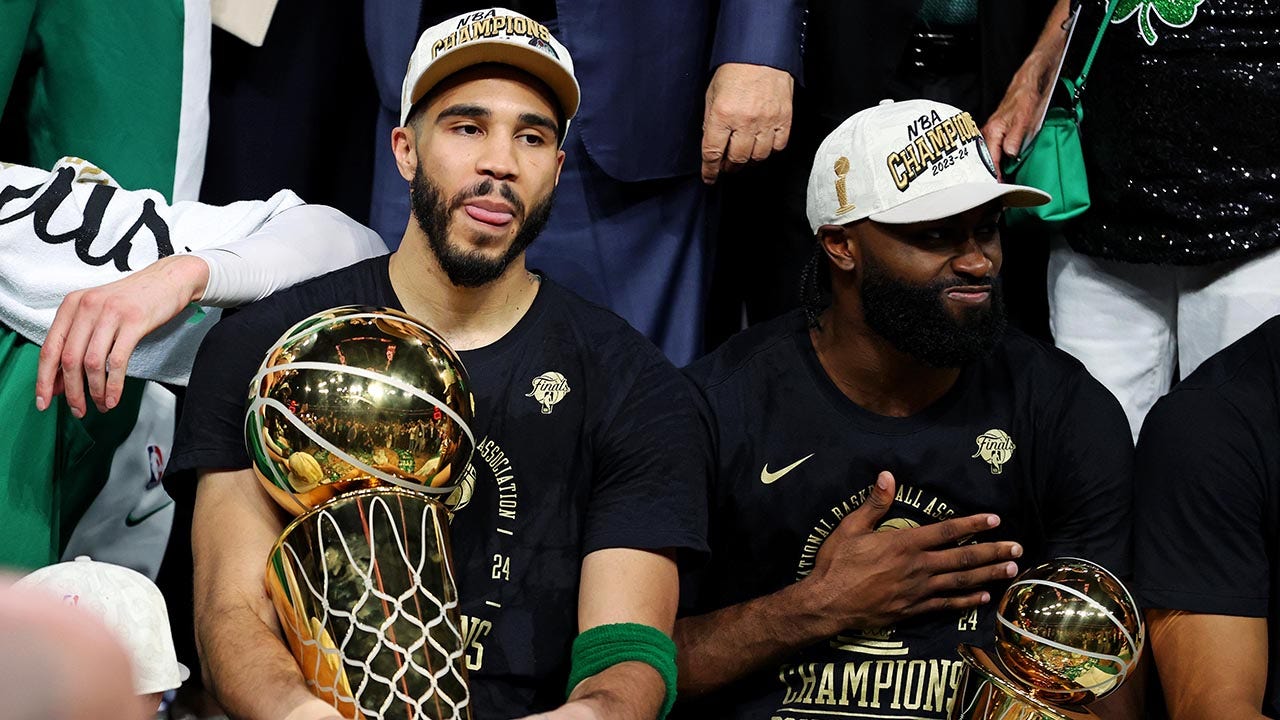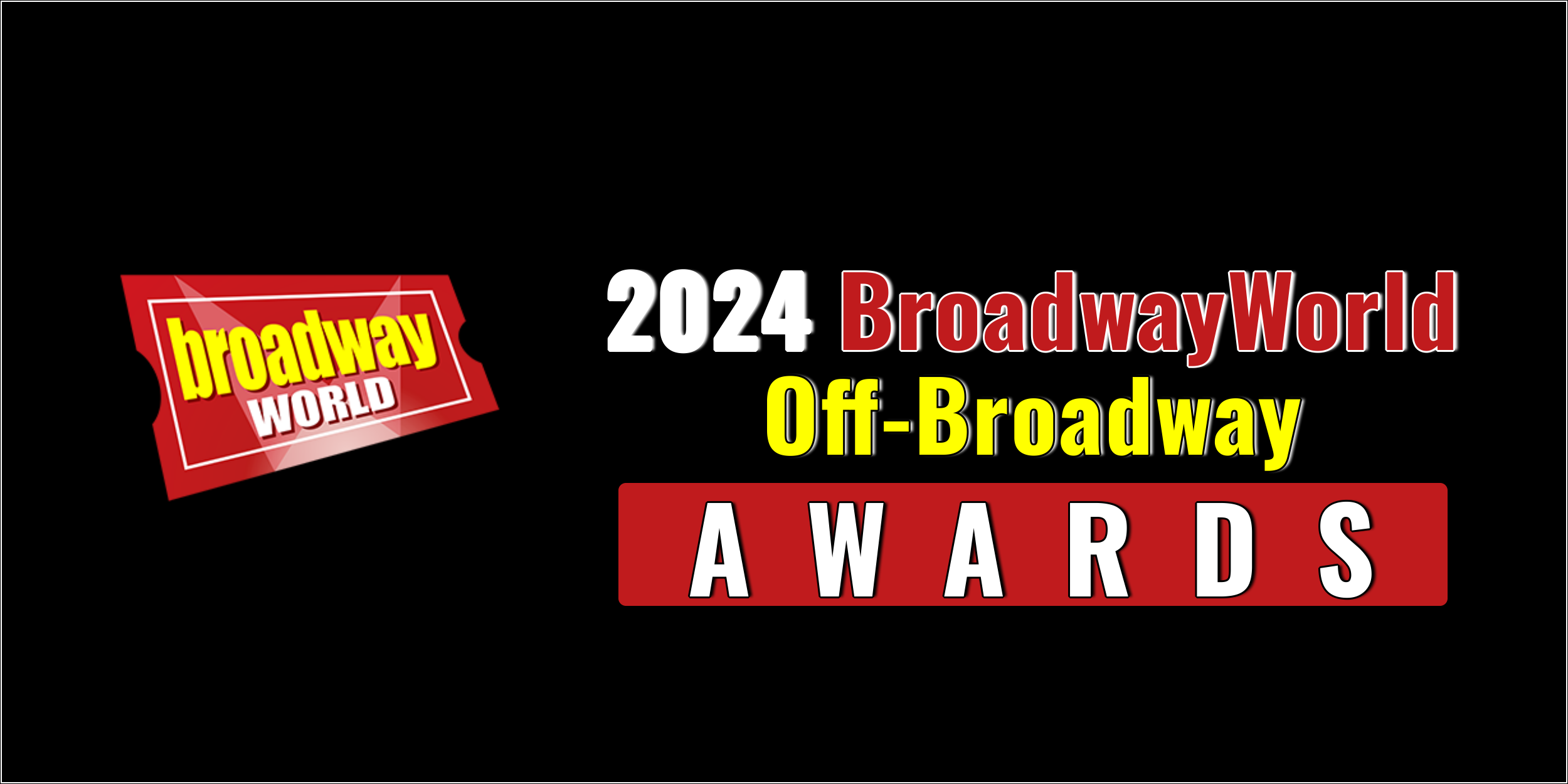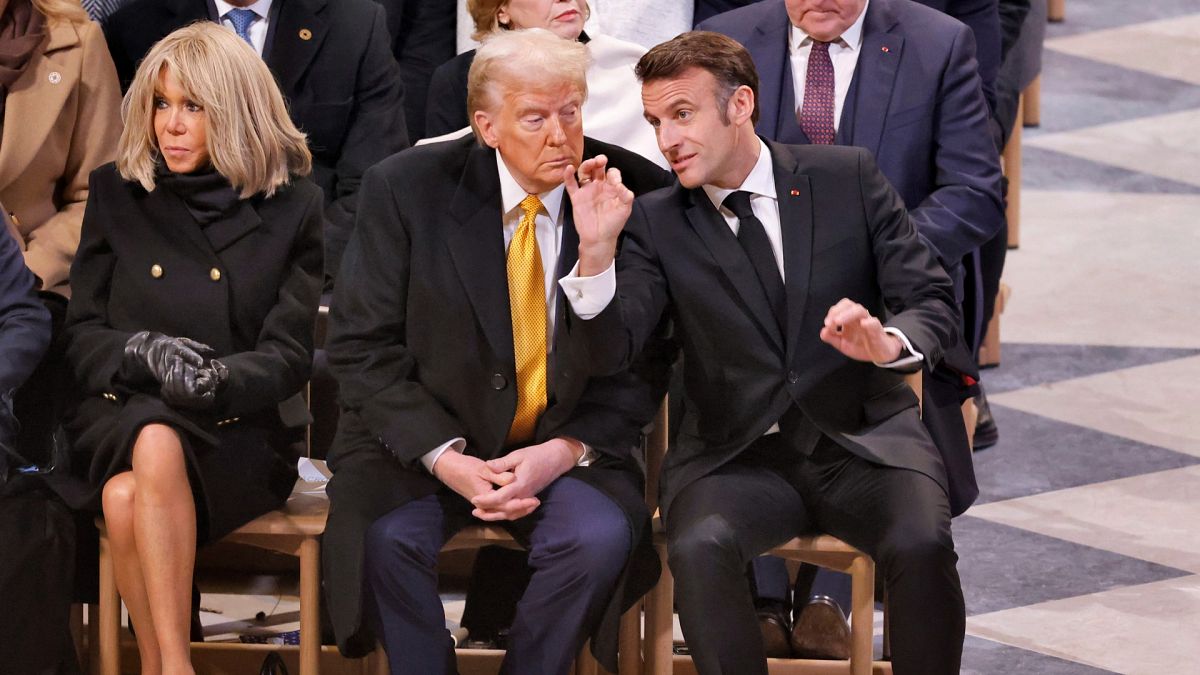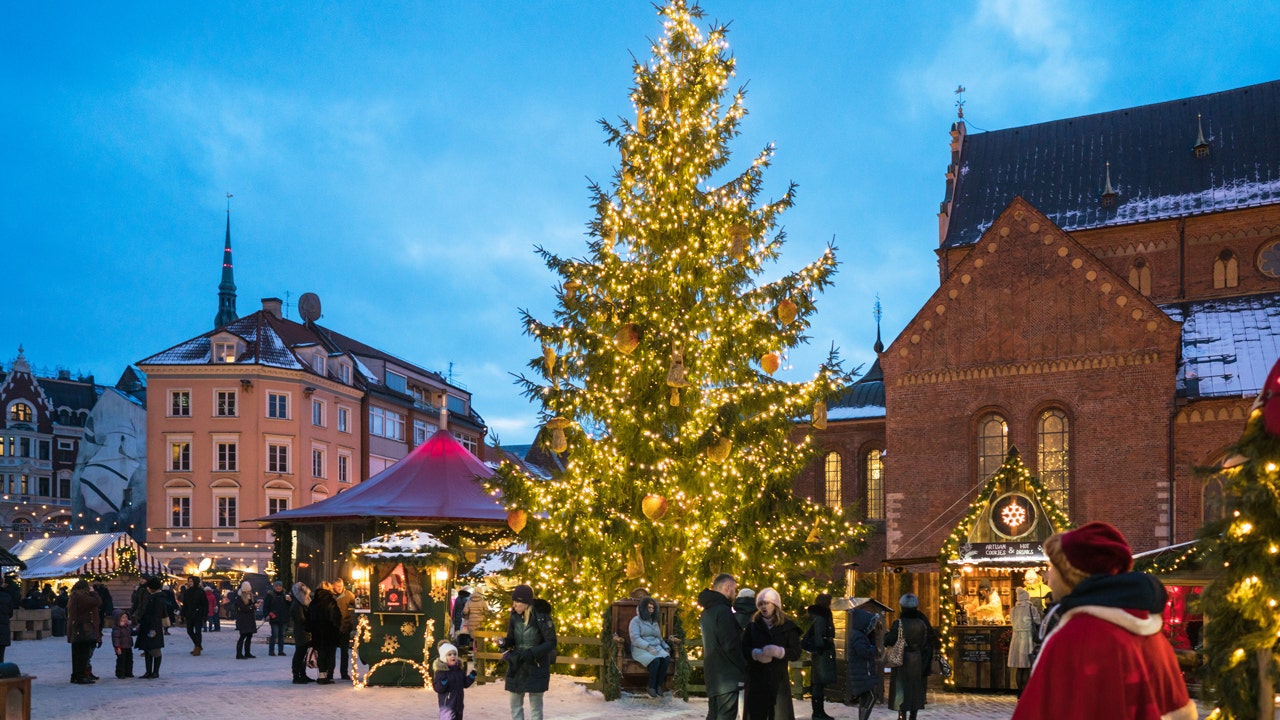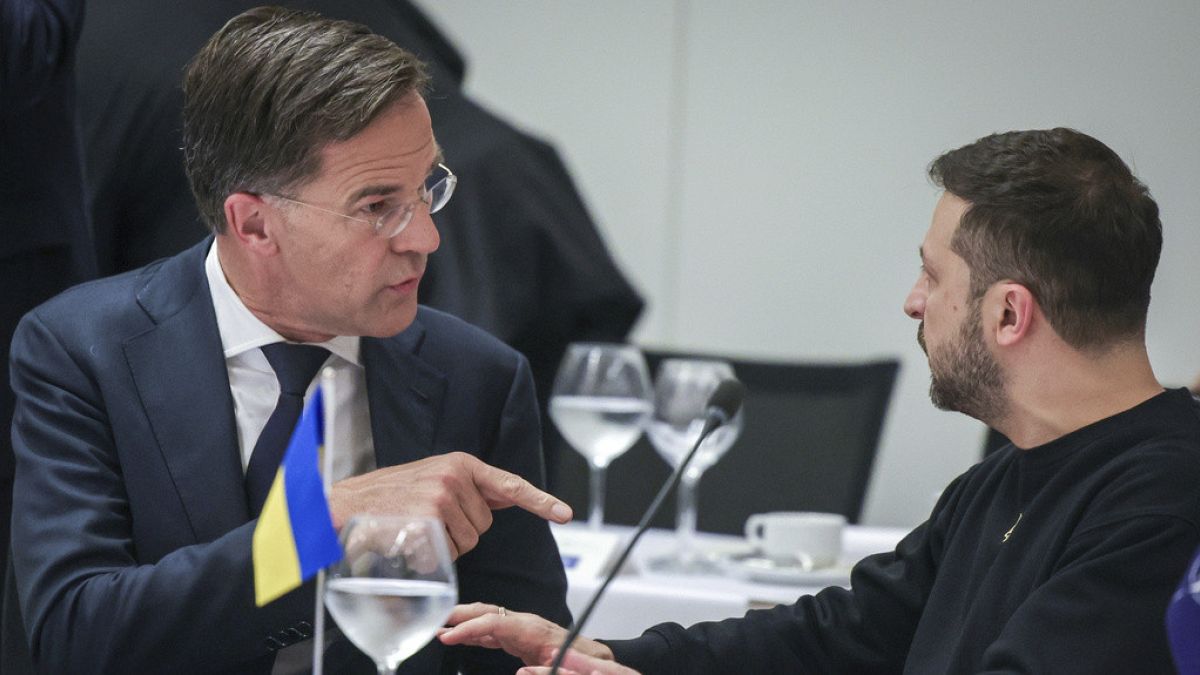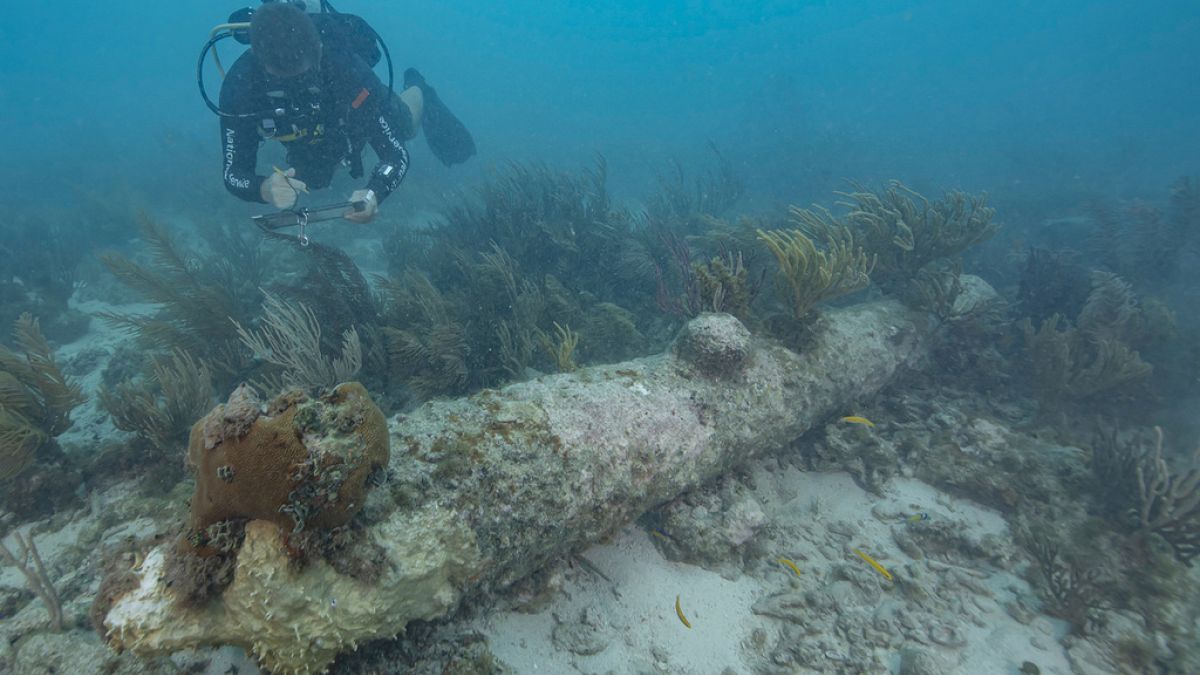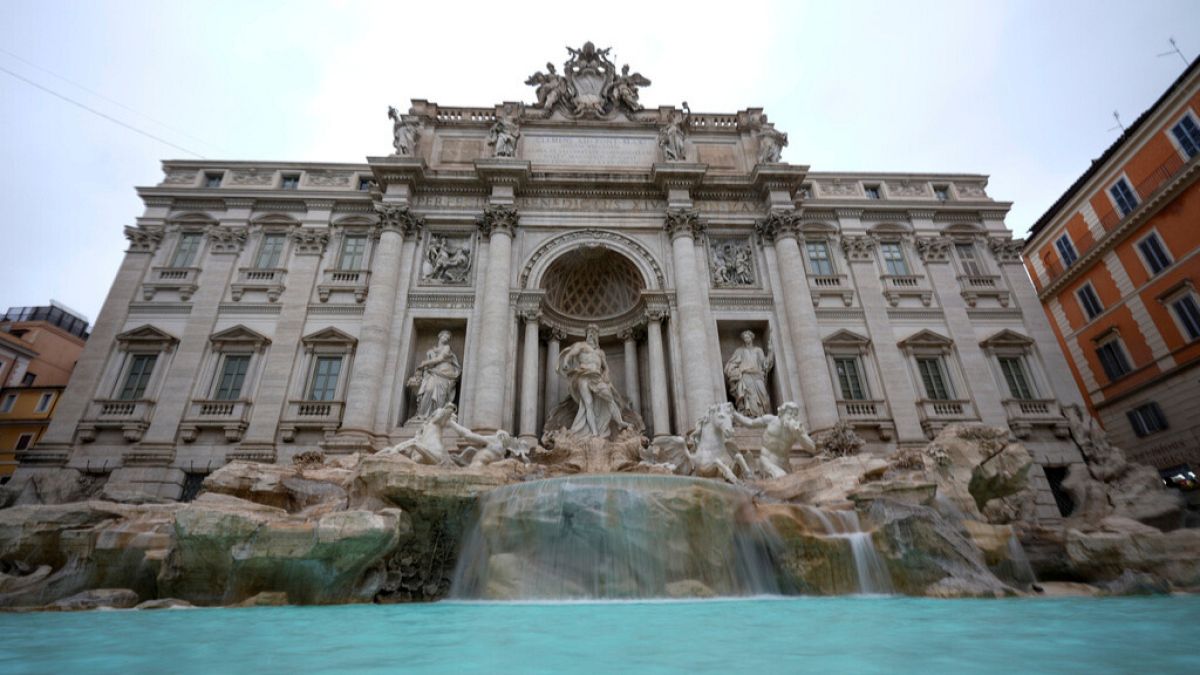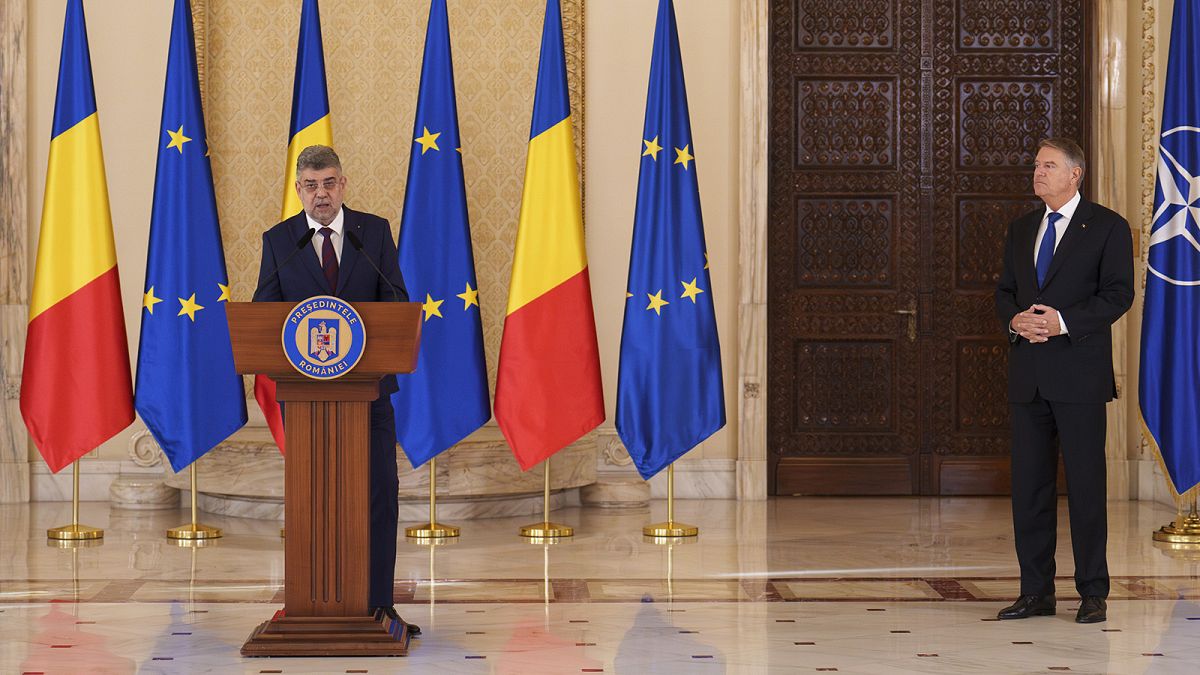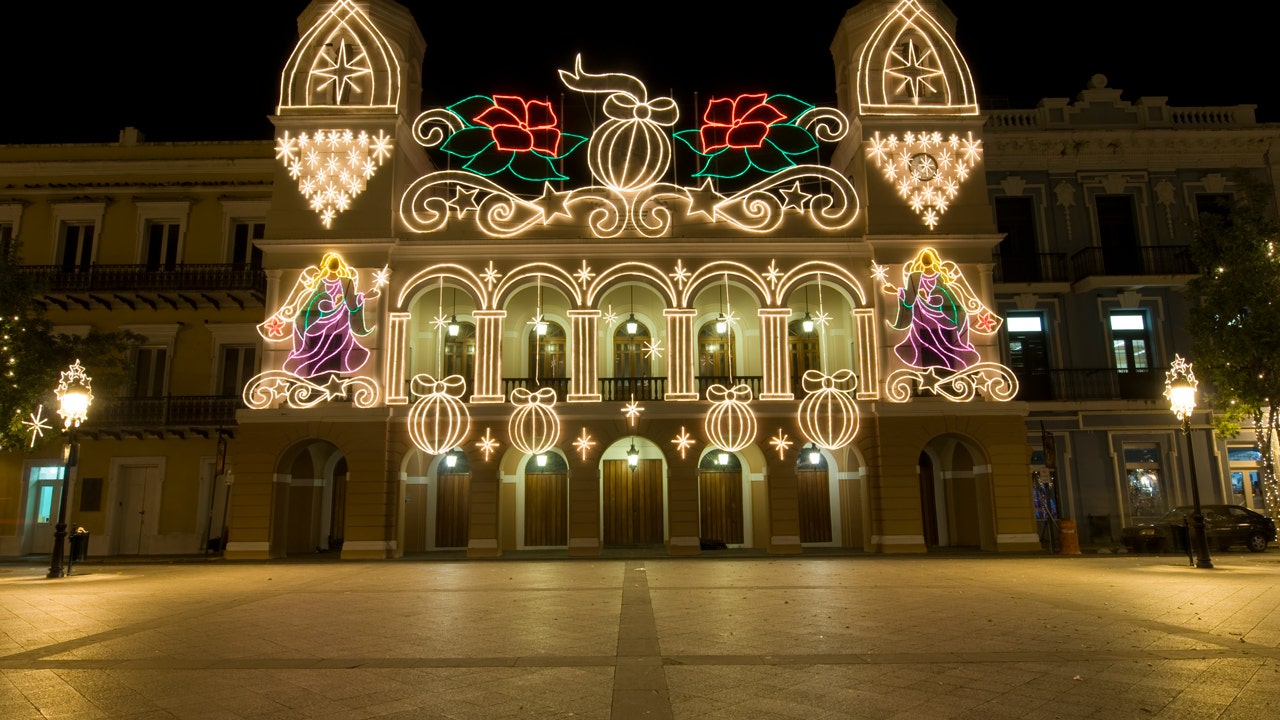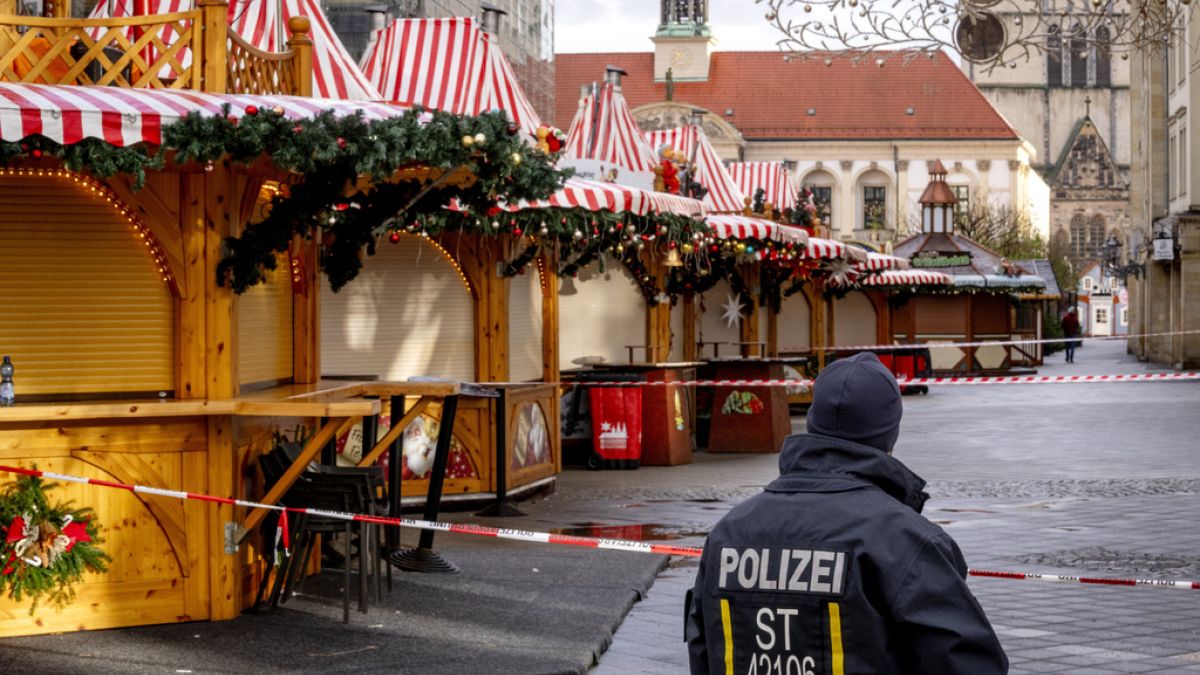European leaders will be jostling for influence when Donald Trump re-takes office in a few weeks. We look at who could end up being his main interlocutor across the Atlantic.
Donald Trump is set to re-take the White House within weeks, and European leaders will be fiercely competing for who can exert the most influence over his administration.
There’s everything to play for – given a promised US policy programme that could include imposing ruinous tariffs on, and withdrawing security protections from, Europe.
Contenders for the crown will face a host of challenges – not least Trump’s noted capriciousness, which has seen even his closest hand-picked White House aides fall quickly out of favour.
Those who want to succeed may have to demonstrate affinity with Trump’s political agenda, and his ego – but also the ability to offer him something he wants.
Euronews examines how the candidates line up.
Emmanuel Macron
Despite domestic woes – a hung parliament and repeated government resignations – French President Emmanuel Macron still appears to have what it takes to be a leading European Trump-whisperer.
He’s already secured a diplomatic triumph by inviting Trump to the reopening of Notre Dame Cathedral – and persuading him to meet with Ukraine’s Volodymyr Zelenskyy on the sidelines.
As ruler of a country with the EU’s biggest military, a long history of diplomatic finesse and plenty of opportunities for pomp, Macron will have many opportunities to charm and cajole.
Giorgia Meloni
Italy’s right-wing leader has certainly tried to position herself as a leading Trumpfluencer. “The US-EU axis passes through Italy,” said a recent social media post by her Brothers of Italy party.
She’s certainly cultivated good relations with Trump surrogates, including Elon Musk and Steve Bannon – even if some of the fruitier reports of her dalliances with Musk are AI-generated fake news.
Hopes for her influence over the White House may hinge on their shared politics on issues like immigration and LGBTQ rights.
There’s one exception though: Ukraine, of which she’s been a big supporter, while Trump is distinctly lukewarm.
Viktor Orbán
Orbán will, like Meloni, hopes his shared political outlook will make him Trump’s man in Europe.
Some in the President-elect’s orbit are clearly admirers of Orbán’s increasingly authoritarian practices, which have seen him lock down dissent from the media or academia.
Orbán hosted a Conservative Political Action Conference to which Trump contributed a video message, and he’s a frequent visitor to Trump’s Florida home, Mar-a-Lago.
Thierry Breton, previously France’s European Commissioner, has certainly talked up the role the Hungarian leader might play under a second Trump term.
But influence has to work two ways. Hungary remains a relatively small member state; Orbán, locked in a battle with Brussels over asylum rights and judicial independence, is increasingly estranged from Brussels, and not among those who formed von der Leyen’s centrist coalition.
Keir Starmer
Newly unshackled from Brussels strictures, some certainly hoped for warmer relations between the US and a post-Brexit UK .
The newly elected UK Prime Minister certainly wants to be able to keep his options open. In a December speech, new UK Prime Minister Keir Starmer said he didn’t have to choose between the two historic alliances with the US and Europe.
But as a left-winger, who’s appointing a fellow party member, former European Commissioner Peter Mandelson, to be his ambassador to Washington, Starmer may have trouble connecting with a White House administration that’s equally, but oppositely, partisan.
Trump has already railed against activists of Starmer’s Labour Party, who he said were active in supporting his rival Kamala Harris.
Meanwhile, as in Germany, Musk also seems set to intervene in domestic politics, saying that racial tensions in the UK would lead to civil war, and supporting Reform, the eurosceptic upstart party led by Brexiter Nigel Farage.
Olaf Scholz
Though he represents the EU’s largest member, the White House may not see Germany’s Chancellor as worth too much investment.
Scholz will face angry voters in general elections just a few weeks after Trump takes office, and he’s lagging in the polls.
Interventions by Trump surrogate Elon Musk in favour of the Alternative for Germany (AfD) party, may sour relations further. The far-right group are not just Scholz’s rivals, but also seen by much of Germany’s political establishment as beyond the pale.
Ursula von der Leyen
As head of the European Commission von der Leyen at first glance makes a poor buddy for Trump, whose politics are markedly nationalistic and eurosceptic.
But she’s also well-placed to be his interlocutor on his main issue of concern – the US trade deficit with the EU.
He’s threatened to impose 10% tariffs on the EU, along with other major trade partners – though he’s also suggested they could be negotiated down if the bloc agrees to buy more US fossil fuels.
But despite his bluster, he’s also famously interested in the art of the deal.
A US-EU trade war under his first administration was narrowly averted after Brussels made a promise to buy more American soybeans: a seemingly humble, if politically totemic, gesture.
That suggests there’s a way out of potentially ruinous trade barriers, for those able to strike the right bargain over nerdy details. Von der Leyen, backed by her legions of officials, may be well-placed to do so.
Mark Rutte
NATO chief Mark Rutte could prove one of Trump’s most tricky relationships – and, for Europeans, the most important.
If Trump seeks to withdraw support or backtrack on security guarantees, it could prove existential for the defensive pact that’s stood since the second world war.
Trump has an existing relationship with Rutte; the US President described the two as “friends” at a 2019 White House meeting, when Rutte was Dutch Prime Minister.
The Dutch down-to-earth compromise-finder might yet make the ideal conduit to pass the message that Trump should continue to – as he sees it – stump up for Europe’s security.
Read the full article here
